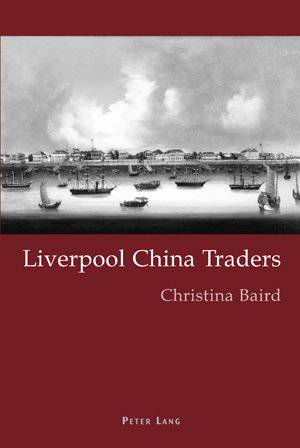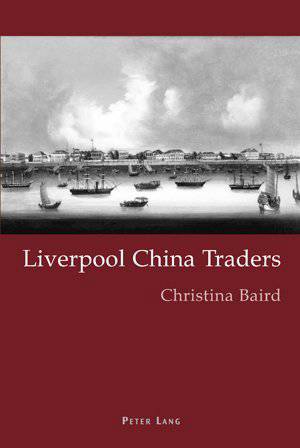
- Afhalen na 1 uur in een winkel met voorraad
- Gratis thuislevering in België vanaf € 30
- Ruim aanbod met 7 miljoen producten
- Afhalen na 1 uur in een winkel met voorraad
- Gratis thuislevering in België vanaf € 30
- Ruim aanbod met 7 miljoen producten
Zoeken
Omschrijving
Perhaps the most enduring image of the China Trade is the clipper ship carrying tea from China. In 1869 the clippers were finally overshadowed by the introduction of steam vessels which could make passage through the Suez Canal, significantly shortening the length of the voyage. Letters, journals and order books have survived which tell us about the traders, their private trading activities, motivation, tastes and private lives. This book examines the role played by the port of Liverpool in this time of great change. The book examines Liverpool's early participation in the China Trade following the cessation of the British East India Company's monopoly of the trade in 1834 and maps the changes in artistic tastes that the commencement of free trade gave rise to. These new tastes represented a true fusion of European and Chinese cultural influences and replaced the pastiche of 'The Orient' that chinoiserie represented during the period of the monopoly.
Specificaties
Betrokkenen
- Auteur(s):
- Uitgeverij:
Inhoud
- Aantal bladzijden:
- 224
- Taal:
- Engels
Eigenschappen
- Productcode (EAN):
- 9783039109265
- Verschijningsdatum:
- 28/03/2007
- Uitvoering:
- Paperback
- Formaat:
- Trade paperback (VS)
- Afmetingen:
- 220 mm x 150 mm
- Gewicht:
- 319 g

Alleen bij Standaard Boekhandel
+ 107 punten op je klantenkaart van Standaard Boekhandel
Beoordelingen
We publiceren alleen reviews die voldoen aan de voorwaarden voor reviews. Bekijk onze voorwaarden voor reviews.











